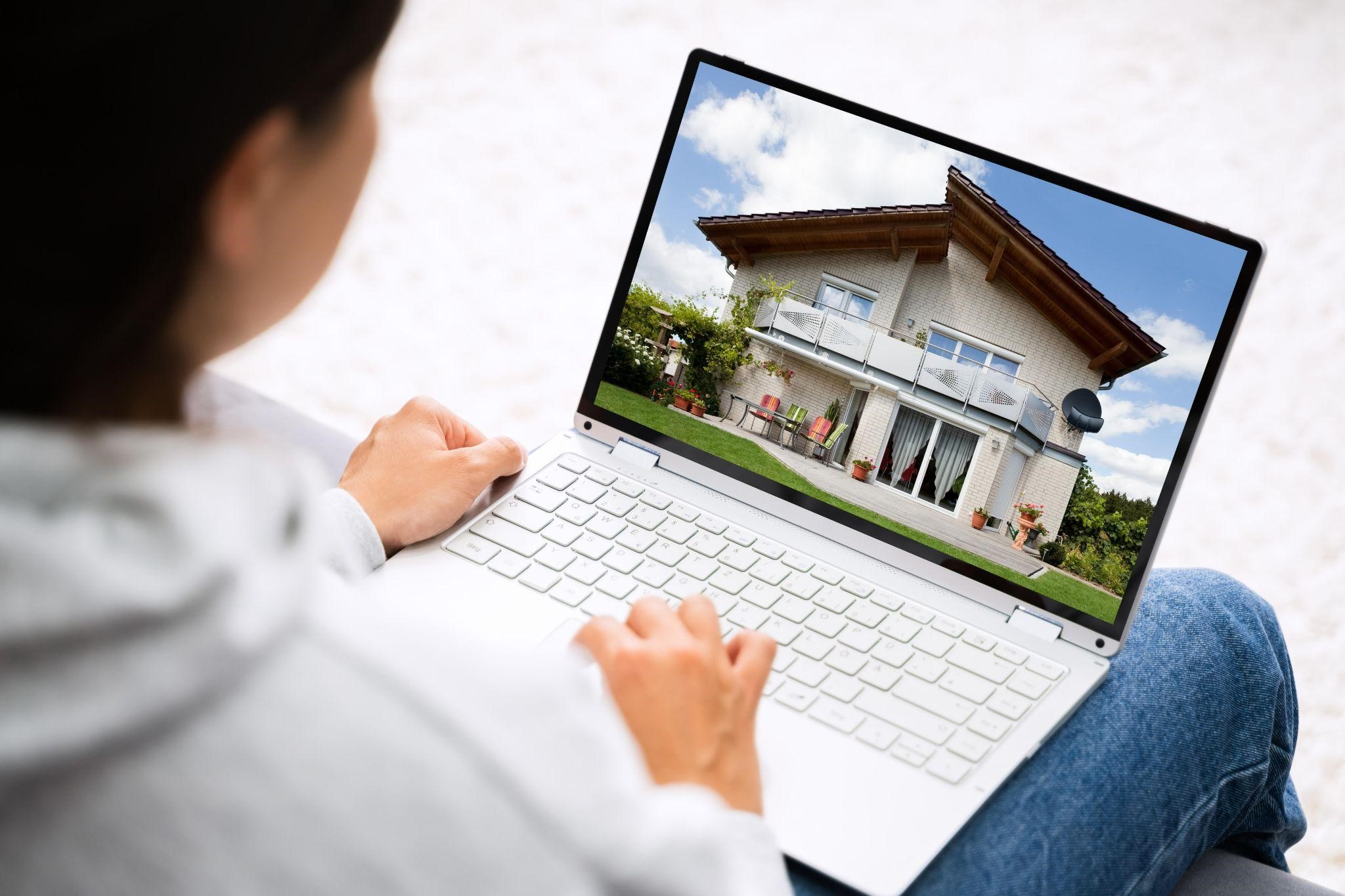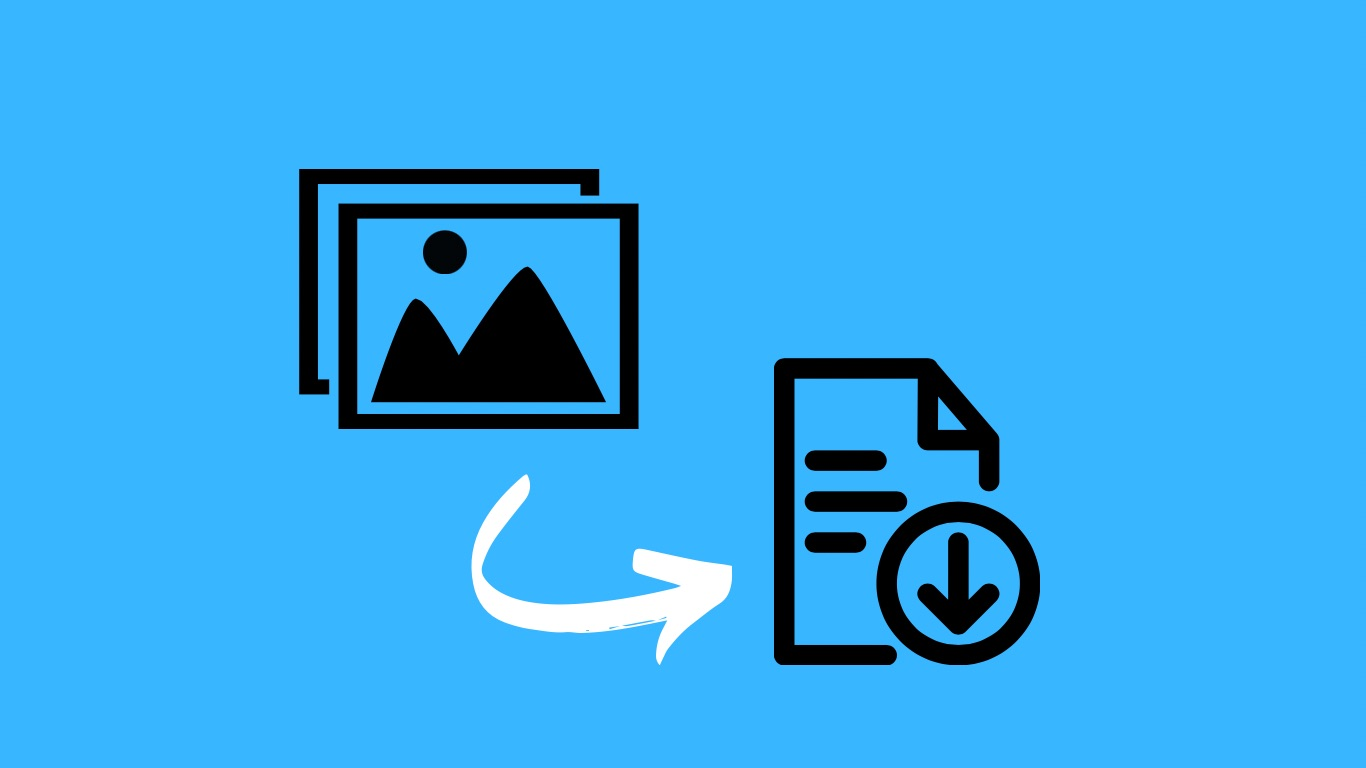Top 10 Real Estate Digital Marketing Strategies That Actually Work in 2025

The real estate market has embraced digital transformation like never before. Buyers today begin their property search online, scroll through listings on mobile devices, compare projects on social media, and even take virtual site tours—all before making a visit.
In this evolving landscape, having a smart, data-driven digital marketing plan is not just optional—it's essential. In this evolving landscape, having a smart, data-driven strategy from a real estate digital marketing agency is not just optional—it's essential. Whether you’re a property developer, broker, or consultant, these are the top 10 real estate digital marketing strategies you should focus on in 2025.
1. Google Ads with Location-Based Targeting
Google Ads remains one of the most powerful tools in your arsenal, especially when used with precise targeting.
Why it works:
● Reaches users actively searching for properties
● Allows targeting by location, budget, and intent
● Provides measurable ROI through clicks and conversions
Example : Targeting keywords like “3 BHK flats in Thane near station” ensures you’re showing ads to motivated buyers at the right place and time.
Pro Tip: Use responsive search ads to automatically optimize headlines and descriptions for better performance.
2. Facebook & Instagram Campaigns
Meta’s platforms are ideal for visually showcasing properties to a broader audience.
What you can do:
● Run carousel ads with project highlights
● Use video Reels to show sample flats or amenities
● Add lead forms or redirect to WhatsApp for faster conversion
Social media campaigns allow you to connect emotionally and visually with prospects early in their buying journey.
Boost posts with engagement before running full campaigns for better reach.
3. Local SEO Optimization
With most buyers searching for homes “near me,” local SEO is critical.
Focus on:
● Optimizing your Google Business Profile
● Adding location-based keywords like “luxury homes in Andheri West”
● Collecting consistent, positive Google reviews
● Embedding Google Maps on landing pages
Local SEO helps generate organic, high-intent traffic that doesn’t require ongoing ad spend.
Regularly update project status and photos to keep listings fresh and engaging.
4. Dedicated Landing Pages That Convert
A high-converting landing page is often the first impression of your brand. It needs to be clear, fast, and convincing.
Must-haves:
● Strong headline and project USPs
● Floor plans, brochures, and pricing info
● Site visit booking forms
● Testimonials and trust signals
● Mobile responsiveness and fast loading speed
Landing pages are the conversion engine of your real estate digital marketing efforts.
Use heatmap tools to understand user behavior and improve sections with low engagement.
5. WhatsApp & CRM Automation
Speed matters. When someone shows interest, follow-up should be instant—and that’s where automation comes in.
Best practices:
● Set up auto-responses for every inquiry
● Share brochures, pricing, and location map instantly
● Sync with CRMs like Pipedrive or Zoho for lead tracking
● Schedule automatic follow-ups based on lead stage
This saves time and ensures no lead is ever missed.
Always personalize WhatsApp messages to make communication feel human and trusted.
6. Video Marketing & Virtual Site Visits
Video is no longer optional—it’s expected. Buyers want to see before they step in.
Formats that work:
● Short Reels of sample flats or launch events
● Drone shots of project locality and skyline views
● 3D walkthroughs for remote or NRI buyers
● Founder/Architect interviews to build credibility
Videos build trust and make your project feel more real and accessible.
Host video content on YouTube for long-term SEO benefits and additional reach.
7. Influencer Marketing for Real Estate
Real estate influencers are now playing a big role in driving trust and visibility.
Types of influencers to explore:
● Local lifestyle influencers who know the area
● Finance YouTubers explaining investment value
● Interior design creators adding aspirational appeal
● Micro-influencers who can generate authentic engagement
These collaborations feel more organic than ads and reach niche, engaged audiences.
Choose influencers whose followers match your buyer persona for better conversions.
8. Email Nurturing & Remarketing
Most buyers don’t convert immediately. Consistent follow-up is key.
Combine:
● Email drip campaigns for new leads (project updates, offers, event invites)
● Retargeting ads on Google & Meta for users who visited your page
● WhatsApp follow-ups triggered by specific user actions
This strategy keeps your project top-of-mind while building familiarity and trust over time.
Always include a clear CTA in your follow-up emails—like “Book a Site Visit” or “Talk to an Expert.”
9. Google My Business for Every Project
Not just your main office—every project should have its own Google presence.
Why :
● Shows up in local map searches
● Allows users to call, get directions, or read reviews instantly
● Helps boost SEO through localized listings
Include real photos, project milestones, and regular updates to stay relevant in local search results.
Use Q&A section on Google My Business to address common buyer concerns directly.
10. Value-Based Content Marketing
Educational content builds trust and brings in long-term organic traffic.
What to create:
● Blogs like “How to Choose a Home in a Gated Community” or “Difference Between Carpet Area and Built-up Area”
● PDF guides for investors, NRIs, or first-time buyers
● Infographics showing area development or project timelines
● Buyer FAQs answered in simple, friendly language
Well-structured content can drive traffic for months while positioning you as a helpful expert.
Repurpose blogs into Instagram carousels, LinkedIn posts, or short YouTube videos for added reach.
Conclusion
Real estate buyers in 2025 are digitally savvy, short on time, and overwhelmed with choices. To reach them effectively, you need more than ads—you need strategies that build trust, offer value, and deliver measurable results.
By implementing these top 10 strategies, you can attract more qualified leads, close deals faster, and strengthen your brand online.
And if you want expert support to execute all of this seamlessly, partnering with a real estate digital marketing agency can help you scale your efforts efficiently and stay ahead of market trends.
Note: IndiBlogHub features both user-submitted and editorial content. We do not verify third-party contributions. Read our Disclaimer and Privacy Policyfor details.



